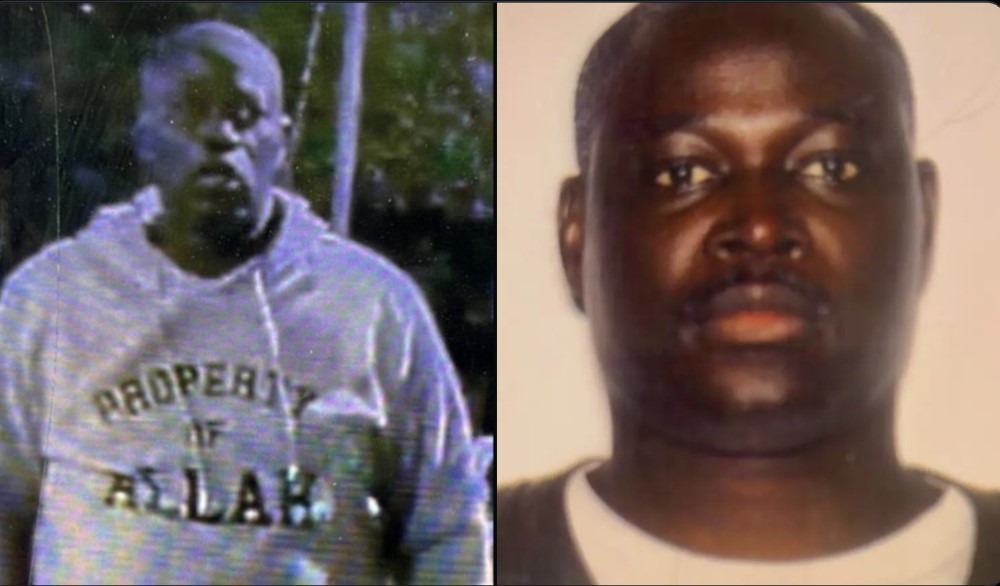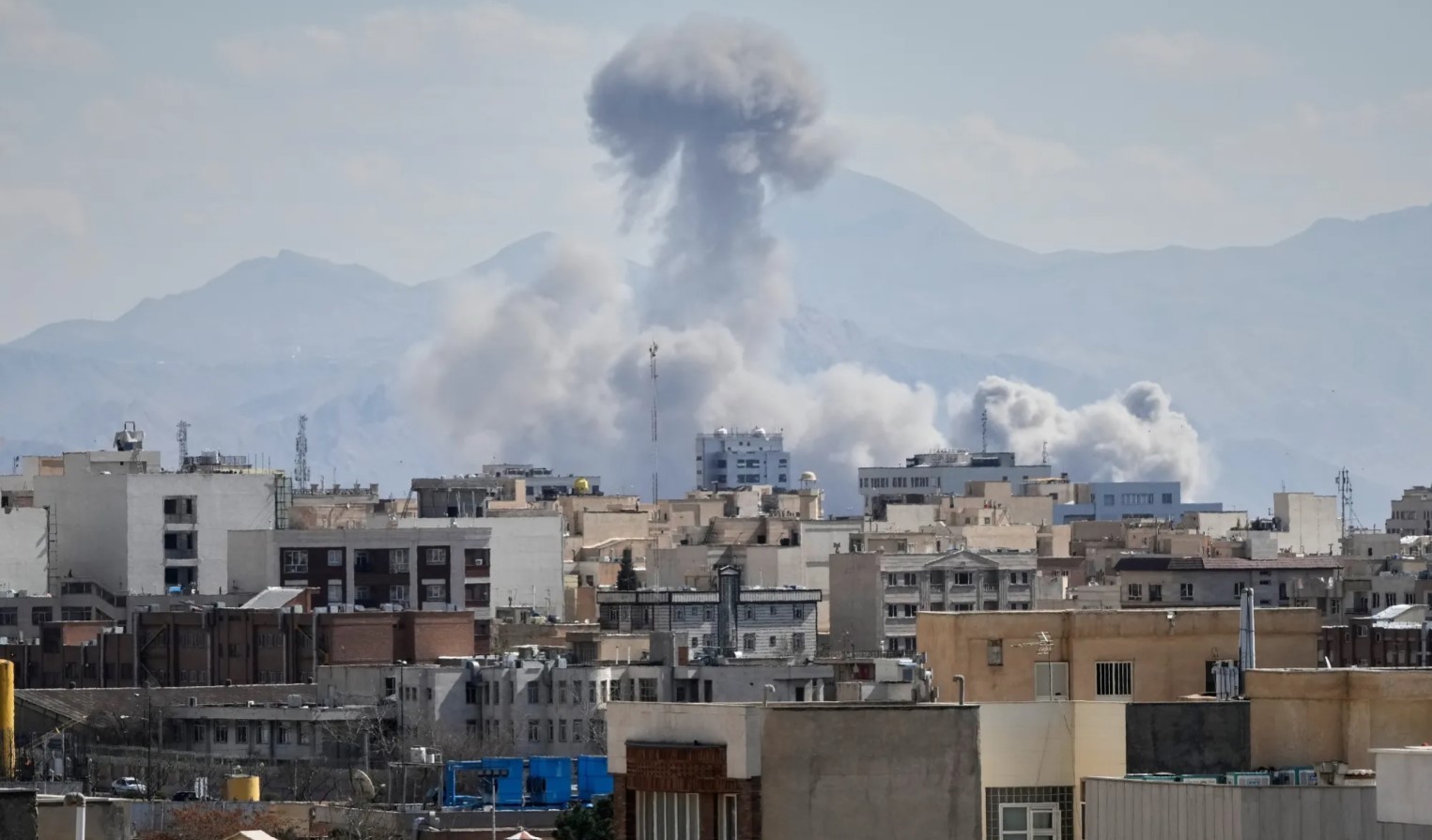Camryn Giselle Booker: Who Is the Texas Student Arrested for Mocking Charlie Kirk’s Vigil?
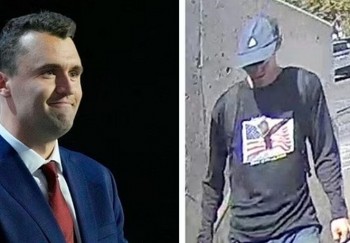 Inside the Motive: What Drove Charlie Kirk’s Assassin to Pull the Trigger? Inside the Motive: What Drove Charlie Kirk’s Assassin to Pull the Trigger? |
 Tyler Robinson’s FurAffinity Presence: What We Know About the Suspected Site Posts and Furry Connection Tyler Robinson’s FurAffinity Presence: What We Know About the Suspected Site Posts and Furry Connection |
Camryn Giselle Booker, an 18-year-old student from Texas Tech University, was arrested for disrupting a candlelight vigil held in honor of conservative activist Charlie Kirk. Booker’s actions—caught on video—sparked national outrage, raised questions about free speech boundaries, race and protest, and drew attention from high-profile figures including Texas Governor Greg Abbott.
This article breaks down who she is, what she did, why it matters, and what it reveals about the social and political climate in the U.S. today.
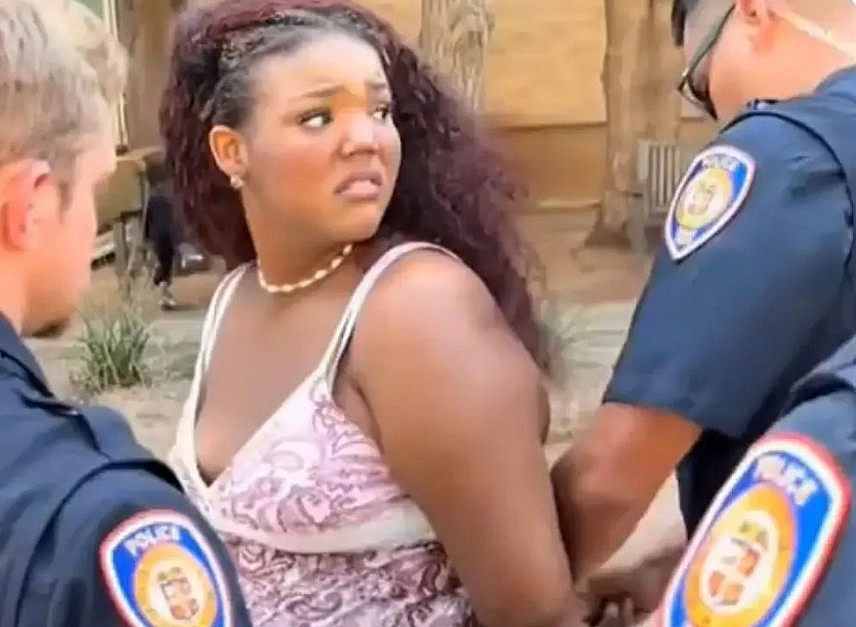 |
| Texas Tech student arrested after hurling vile comments at Charlie Kirk mourners: ‘F–k y’all homie dead’ |
Who Is Camryn Giselle Booker?
Camryn Giselle Booker was, until recently, a freshman at Texas Tech University in Lubbock, Texas. Not much is publicly known about her background. She had no significant media presence prior to the vigil incident and was not known for activism or political commentary.
Her sudden rise into public view came after a video of her shouting inflammatory remarks at a vigil for Charlie Kirk circulated on social media.
The Incident: What Actually Happened?
Date & Location
-
When: Early September 2025
-
Where: Texas Tech University campus, Lubbock, Texas
-
Event: A public candlelight vigil held for Charlie Kirk, a polarizing conservative commentator who had recently been fatally shot.
What She Did
According to witness testimony and widely circulated video footage:
-
Booker mocked the mourners, saying things like:
“F*** y’all, homie dead, he got shot in the head.”
-
She reportedly shouted racial and profane slurs.
-
She shoved a phone into another attendee’s face during a verbal altercation.
-
When confronted, she allegedly said:
“You’re calling me aggressive because I’m a Black woman.”
She was physically removed and arrested shortly after.
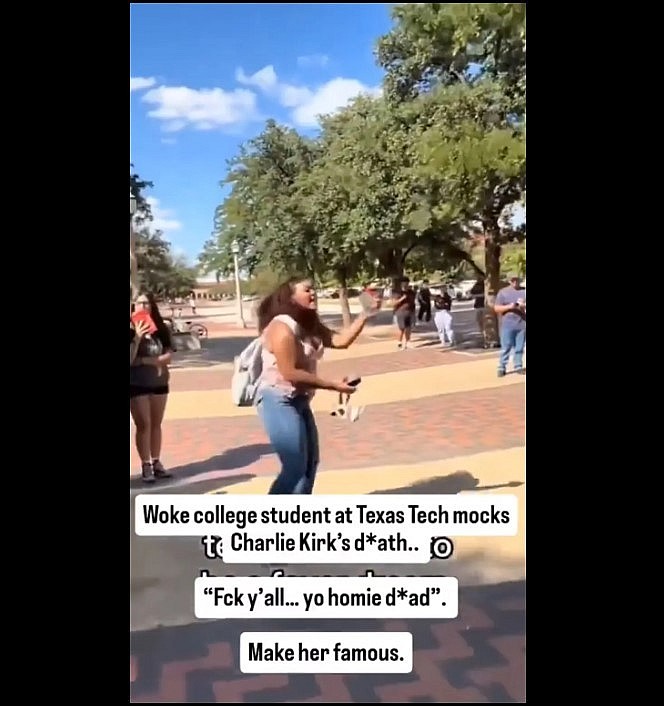 |
| The Texas student seen mocking Charlie Kirk’s death. X |
Legal Repercussions
Criminal Charges
Booker was arrested and charged with:
-
Disorderly conduct
-
Resisting arrest
-
Battery
-
Assault
She was released the next day on $200 bond.
University Discipline
Although Texas Tech University has not released an official statement confirming disciplinary action, Governor Greg Abbott publicly claimed she had been expelled, and urged that any such behavior should be met with “FAFO” (“F*** Around and Find Out”) consequences.
Texas Tech has not contradicted this publicly, suggesting possible expulsion or suspension.
Charlie Kirk’s Legacy and Why This Vigil Mattered
To understand the backlash, it’s important to understand the context:
-
Charlie Kirk was a high-profile conservative figure, founder of Turning Point USA.
-
He had a strong base among young conservatives and was a frequent guest on right-wing media.
-
His assassination shocked supporters and led to nationwide vigils, including the one held at Texas Tech.
The vigil was seen not only as a mourning ritual but also a symbolic act of solidarity among conservatives. Disrupting such an event—especially in such an aggressive and mocking way—was bound to ignite national fury.
Reactions from Across the Spectrum
Public Backlash
The reaction was immediate and intense:
-
Viral outrage on TikTok, X (formerly Twitter), and Instagram.
-
Right-wing commentators called Booker’s behavior “inhuman,” “evil,” and “disgusting.”
-
Others demanded she face both criminal and academic consequences.
Governor Greg Abbott’s Statement
Abbott tweeted images of Booker being arrested with the comment:
“This behavior has no place in Texas. Glad she was arrested. She should be expelled too. FAFO.”
His use of “FAFO” (a slang term meaning: face the consequences of your actions) received both praise and criticism, with many seeing it as unnecessarily inflammatory coming from a state leader.
University Response
Though official disciplinary measures are not confirmed, pressure is mounting for Texas Tech to issue a formal policy update or take visible action.
Larger Themes and Questions Raised
1. Where Does Free Speech End and Harassment Begin?
This case tests the limits of protected speech. While offensive or unpopular views are generally protected under the First Amendment, disruption of public memorials—especially through targeted slurs or incitement—can cross legal boundaries.
Key legal questions:
-
Did Booker’s behavior constitute “disorderly conduct” or incitement?
-
Was her speech protected under campus free speech guidelines?
2. The Role of Identity: Race, Gender, and Perceptions of Aggression
Booker’s comment about being labeled “aggressive because I’m a Black woman” underscores how identity plays into public interpretation.
It raises deeper questions:
-
Are Black women more quickly labeled as “angry” or “disruptive” in public discourse?
-
Would the public response be different if the same actions were done by a white student?
This dimension cannot be ignored—especially in discussions about equal enforcement of rules and perception of behavior across racial and gender lines.
3. University Campuses as Culture War Battlegrounds
In recent years, college campuses have increasingly become arenas for culture war conflicts.
This event represents a flashpoint where:
-
Free speech,
-
Partisan politics,
-
Social justice, and
-
Public mourning
collided in one high-visibility moment.
What Happens Next?
Pending Legal Outcome
Booker’s legal case is active. Depending on how prosecutors pursue the charges, she could:
-
Face community service, fines, or even jail time.
-
Be required to undergo counseling or education.
-
File for a plea deal or contest the charges in court.
Potential Appeals or Lawsuits
If she is officially expelled, she could:
-
File an appeal with Texas Tech’s disciplinary board.
-
Claim her rights were violated and file a civil lawsuit—especially if she argues that she was punished for political speech.
How the Media Framed the Story
Different media outlets approached the story differently:
-
Right-leaning outlets framed it as a “leftist college student attacking mourners.”
-
Left-leaning commentators were quieter, with some emphasizing over-policing and the role of implicit bias.
-
International outlets picked up the story, framing it as another example of deep political division in America.
Final Thoughts
Camryn Giselle Booker has become an unexpected national figure—not because of what she believes, but because of how she expressed it and when.
Her case will remain under a spotlight because it forces a conversation about:
-
How we mourn
-
Who gets to protest, and how
-
How race and identity affect the interpretation of speech and behavior
-
And whether universities and politicians are escalating conflicts instead of calming them
What’s clear is that this isn’t just about one student yelling at a vigil. It’s about a country trying to decide what kind of public discourse is acceptable—and what kind isn’t—in an era of deep cultural division.







